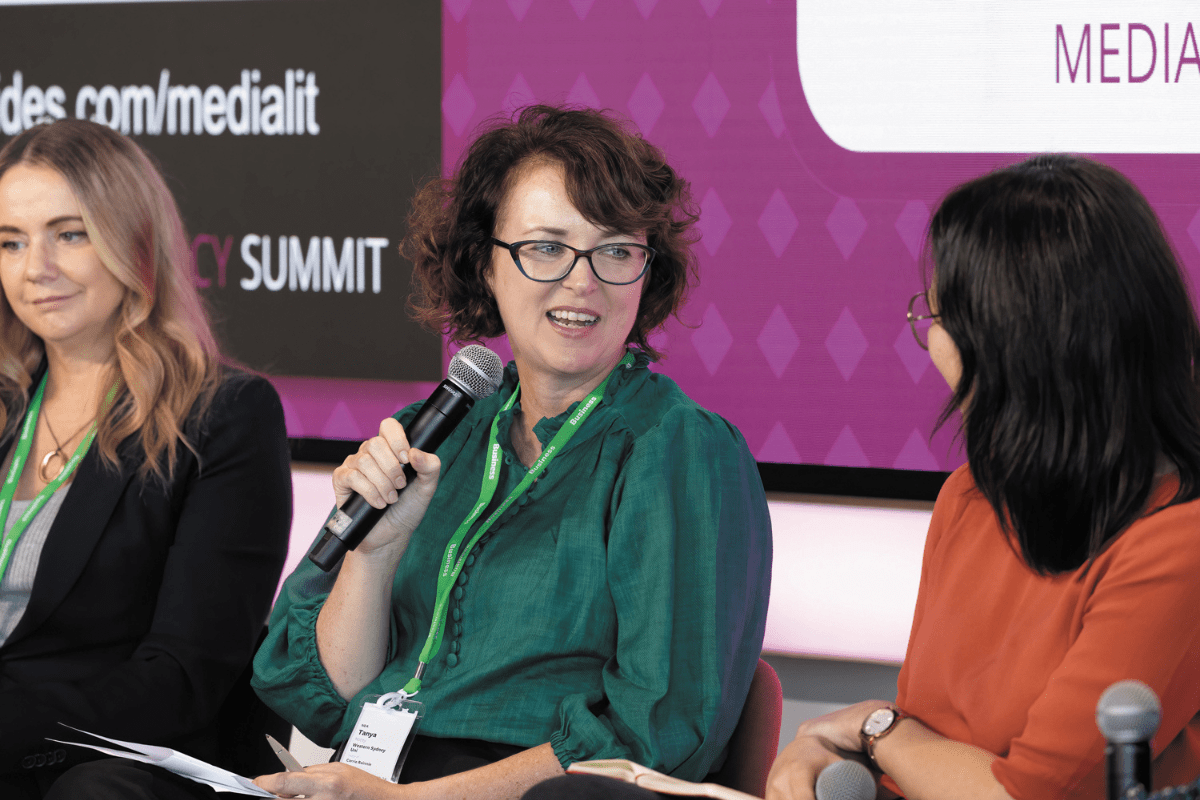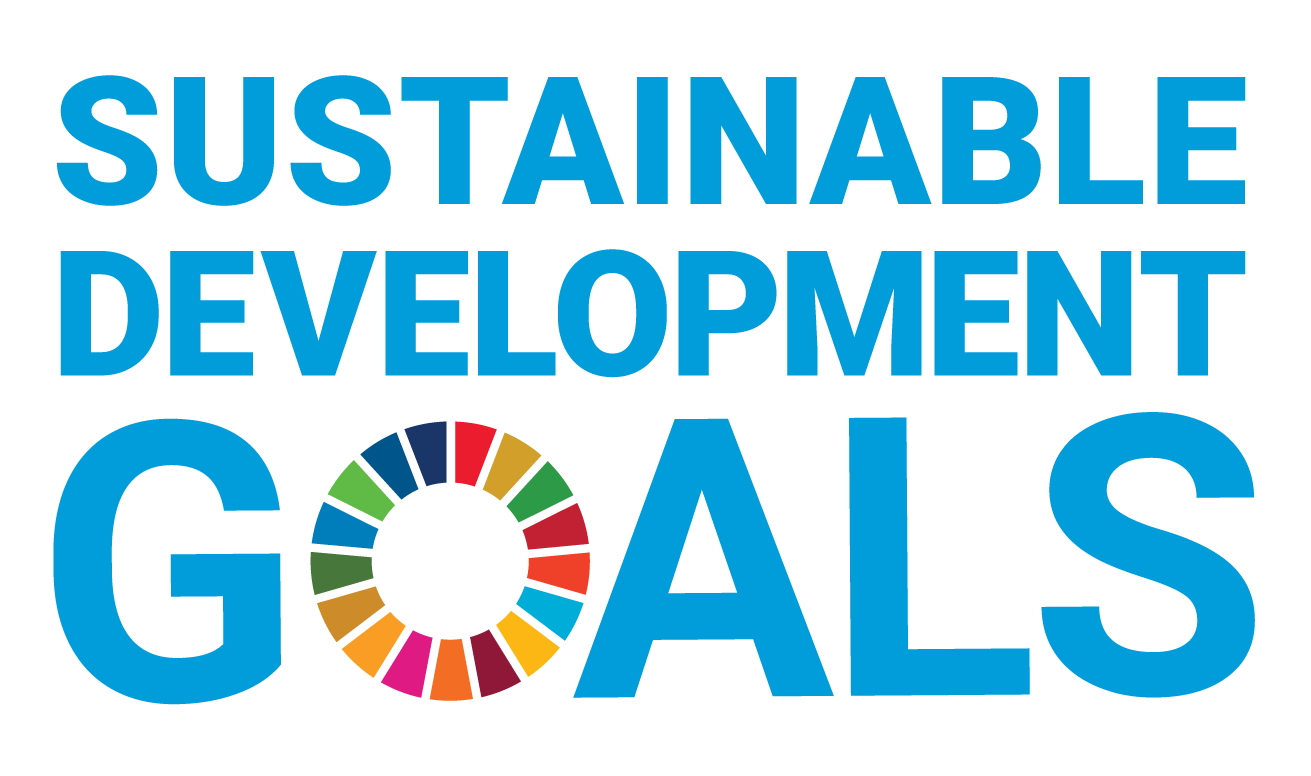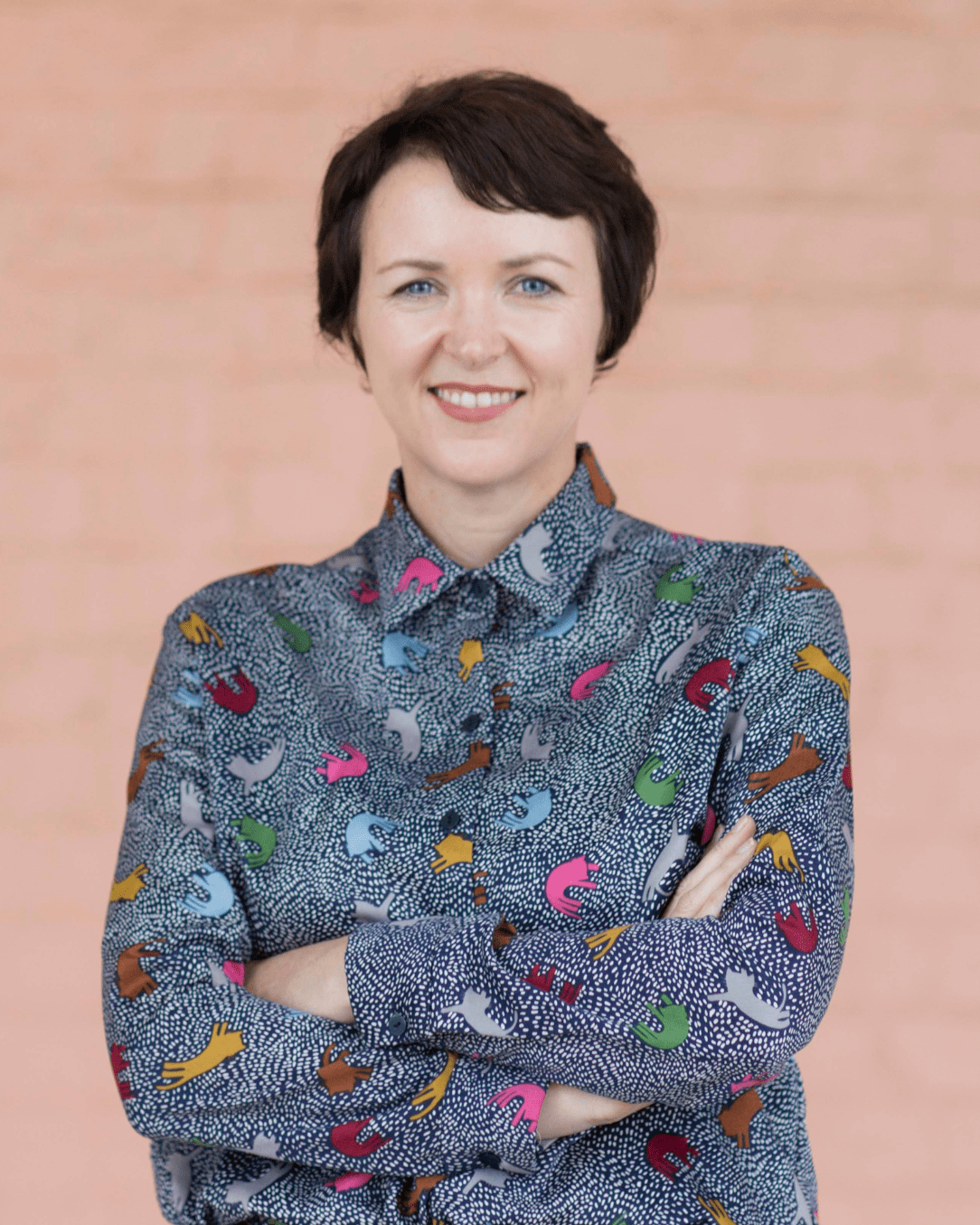You can search for courses, events, people, and anything else.
"Media literacy isn’t just about keeping people safe online — it’s also about thriving," says Dr Tanya Notley, Associate Professor of Communication at Western Sydney University. "Unless you’re media literate, you can’t take advantage of all the opportunities the internet offers to fully participate in society."
The paucity of information on the topic in Australia prompted Notley to conduct the first adult media literacy survey in the country. The results revealed a low level of confidence in respondents’ abilities to use and evaluate media. Worryingly, 30% of adult Australians said they have no one to help them to access, use, create or analyse media.
Building on this survey, Notley is now leading an ARC Linkage project that is investigating how adults decide whether online information can be trusted. Partnering public cultural institutions will use the research to develop educational responses.
"Media literacy is asking people to pause and ask critical questions: Who created this content? Is it a trustworthy source? What claims are being made and what are other sources saying?" explains Notley.
Need to know
- Media literacy is essential in avoiding scams and disinformation online.
- Little support is provided for adults to become media literate.
- One of the first initiatives in Australia was 'Check the Facts' before the 2022 Federal Election.
"The increasing sophistication of disinformation is a real challenge."
Notley’s research team is partnering with highly trusted public cultural institutions such as libraries, museums and the national broadcaster to implement the project. "We have to be strategic and targeted in the way training and support is delivered and think of what works for groups with different abilities and access to different resources," says Notley.
The top priority emerging from the initial survey was protection from scams and predators online. This was followed by the desire to stay connected with family and friends. "Media literacy training for adults must focus on meeting such immediate needs, by engaging adults in things they are already doing and where they are already spending their time," says Notley.
In one of the first initiatives for adult media literacy in Australia, Notley worked with the Australian Associated Press on a nationwide media literacy campaign before the last federal election called ‘Check the Facts’. It invited Australians to ask critical questions, and was engaged with around six million times on social media.
"The increasing sophistication of disinformation is a real challenge," says Notley, who stresses the importance of reaching people before they are subjected to highly targeted and manipulative disinformation.
According to Annabel Astbury, head of ABC Education and partner on the new ARC Linkage project, "Dr Notley’s work across the last decade has shown the increasing need for a nationwide approach to ensuring all Australians are able to navigate, participate in, and create all forms of media."
Meet the Academic | Associate Professor Tanya Notley
Tanya Notley is Associate Professor in the School of Humanities and Communication Arts and a member of the Institute for Culture and Society. Her research and teaching focus on the social and cultural impact of communication technologies. She collaborates with cultural institutions, education providers and social justice organisations in the areas of media literacy and digital inclusion.
Associate Professor Notley leads the Advancing Media Literacy research program. In the past five years this program has supported 10 externally funded research projects, involving sustained collaborations with 15 industry partners including Australian Associated Press, Meta, Google, ABC Education, the Museum of Australian Democracy and the National Film and Sound Archive of Australia. The program’s research demonstrates that media literacy increases people’s ability to detect misinformation and increases their civic participation. However, many Australians have a low media literacy. This research has informed government policy, national school curriculum and media literacy initiatives that have reached of millions of Australians. These projects have also resulted in at least 150 media stories, with media including ABC and SBS news, the Australian, Radio National (AM and PM), the Project (Channel 10), New York Times and many more.
Dr Notley also leads the Platform for Civic Media Literacy and she served as the Co-Chair of the Australian Media Literacy Alliance (AMLA) between 2019-2023. The AMLA founding members represent a unique consortium of key public institutions and networked organisations who are well-positioned to tackle this national priority.
Credit
Future-Makers is published for Western Sydney University by Nature Research Custom Media, part of Springer Nature.
© Christin Hume/Unsplash
© Freepik






